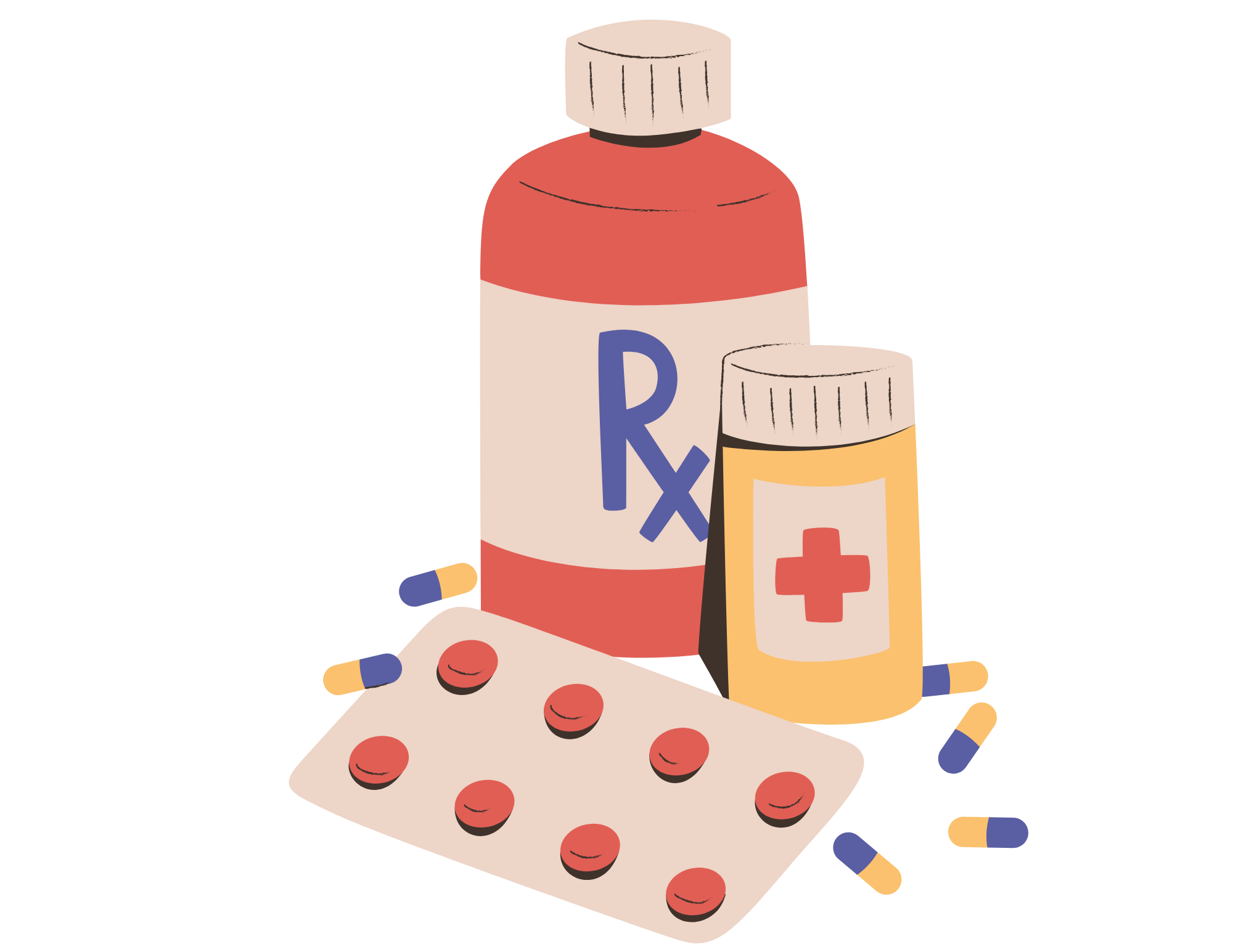
Importance of MTMs
What are MTMs?
- MTM stands for medication therapy management.
- This program started in 2003 as a part of the Medicare Modernization Act.
- MTM is a service that pharmacists provide to ensure that medications are working well for you.
Why are MTMs important?
- In the U.S. alone, approximately 1.5 million medication-related adverse events occur every year, leading to a healthcare cost of $177 billion.
- MTMs can help minimize adverse events related to medications through a variety of services.
Read more about how MTMs can reduce healthcare costs here!
Pharmacists can perform a medication therapy review (MTR), where they will collect information about the patient’s medical history and analyze the patient’s medication list for potential problems.
Another service is the creation of a personal medication record (PMR), which is a list of the patient’s medications that includes all prescription medications prescribed by a physician and nonprescription medications that a patient buys at the store without a prescription.
Nonprescription medications can include
- Herbals
- Vitamin supplements
- Allergy medications
- Pain relievers
Many believe that vitamins or herbal supplements are harmless because they can buy them without prescriptions. However, these products can interact with prescription medications. It is important to ask your doctor or pharmacist before starting any new supplements or medications.
Another service can include the creation of medication-related action plans (MAP), which are documents that healthcare providers, such as prescribers or pharmacists create with patients, so they can learn how to better manage their health.
To learn more about each MTM service, head over to APHA.
How are these services performed?
Let’s say that a pharmacist creates a personal medication record for a diabetic patient. They perform a medication therapy review and find that the patient takes a beta-blocker (a type of blood pressure medication like carvedilol and metoprolol). Diabetic patients on a beta-blocker can miss signs and symptoms of low blood sugar, such as tremors or a fast heart beat.
- Pharmacists can educate patients on the masked signs and symptoms of low blood sugar and advise them to lookout for other signs of low blood sugar, such as increased sweating.
- They can also help the patient create a MAP through educating the patient on Check, Treat, Check, Eat, so the patient understands what to do when low blood sugar levels occur.
If you have any questions about your medications or you are curious about a particular supplement, then talk to one of our pharmacists. We want to help you feel your best and ensure that your medications are working well for you!
Call us at 804-288-8361 to talk with a pharmacist!
References:
https://aphanet.pharmacist.com/sites/default/files/files/core_elements_of_an_mtm_practice.pdf


